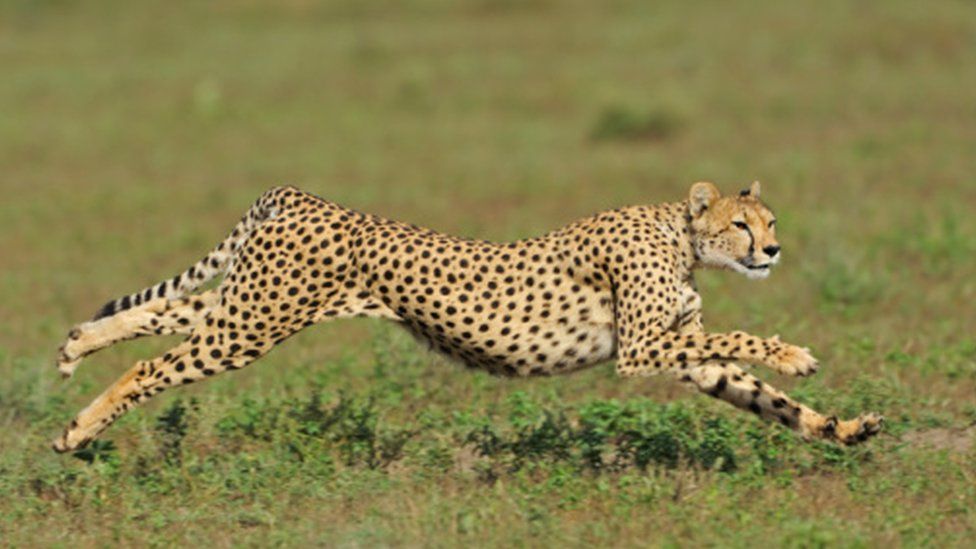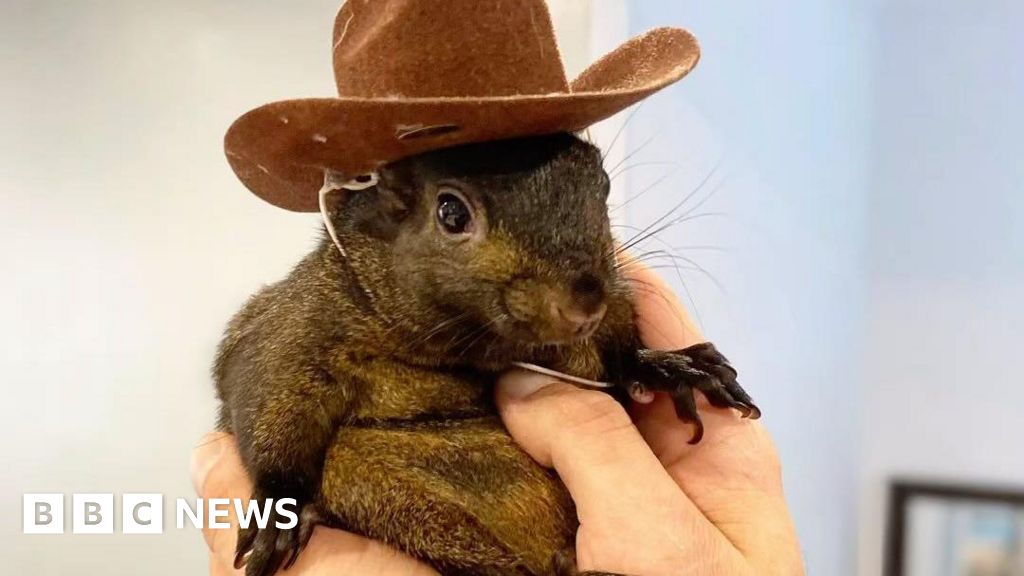ARTICLE AD BOX
 Image source, Getty Images
Image source, Getty Images
India reintroduced cheetahs last year - nearly 70 years after they went extinct
Another cheetah has died at a national park in India's Madhya Pradesh state, taking the number of big cat deaths to seven within just two months.
The Kuno National Park said the male cheetah, named Tajas, was found injured and died from suspected infighting.
Cheetahs were declared extinct in India in 1952, but they were reintroduced last year as part of an ambitious plan to repopulate the species.
Some conservationists are questioning the suitability of Kuno's habitat.
Eight cheetahs were relocated from Namibia to India in September last year, while 12 were brought in from South Africa in February 2023.
Of these, three cheetahs have died in the past two months. Another three cubs, who were born to a Namibian cheetah at Kuno in March, also died in May.
The cubs were found to be weak, underweight and extremely dehydrated, park authorities said at the time. The adult cheetahs died due to various factors, including kidney failure and mating injuries.
An action plan for India's reintroduction of the cheetahs, published in January last year, states that Kuno has a "suitable habitat and adequate prey base".
But since their deaths, the park is under scrutiny, with some conservationists questioning whether the park provides enough prey. There is also concern that other predators are too great a risk to the cats.
Scientists working on the project have also previously insisted that fatalities are to be expected. The action plan states that a mortality rate of 50% in the first year of the project will be considered a success.
The reintroduction of cheetahs to India was launched by Prime Minister Narendra Modi amid much fanfare, with many wildlife experts welcoming the move.
In May, the Supreme Court expressed concerns over the animal deaths and asked the federal government to consider shifting the cats to an alternate location.
Cheetahs have great symbolic value in India as they are part of many folktales.
But it is also the only large mammal to become extinct since independence in 1947 because of hunting, shrinking habitats and a lack of prey.
BBC News India is now on YouTube. Click here to subscribe and watch our documentaries, explainers and features.

 1 year ago
118
1 year ago
118








 English (US)
English (US)